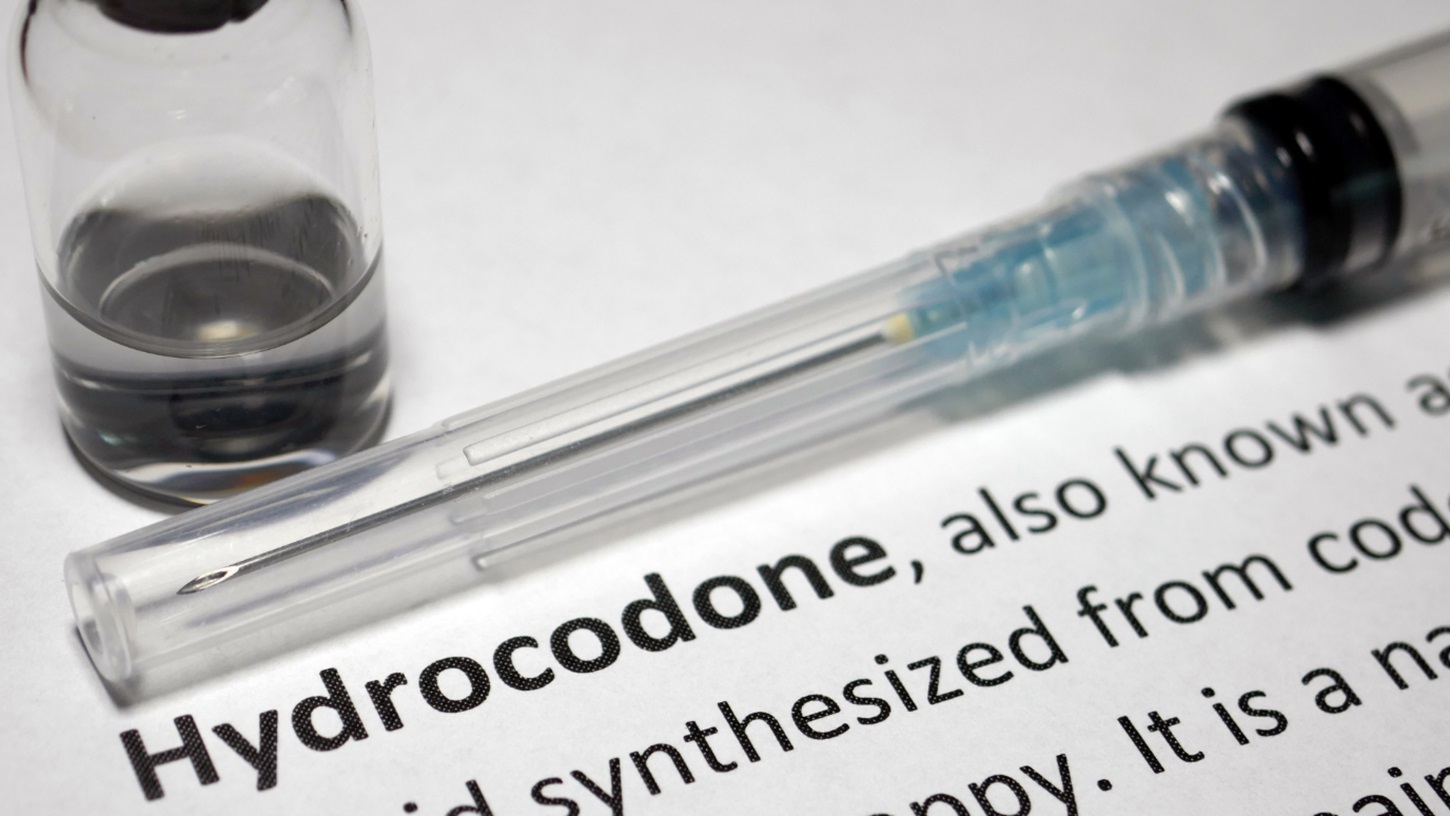Hydrocodone is a powerful opioid pain medication that can be highly addictive. It is often prescribed to treat moderate to severe pain, but it has the potential for misuse and abuse due to its effects on the brain. This article will explore how hydrocodone works and why some people may be tempted to use it recreationally in order to get high. We’ll also look at the associated risks of taking too much hydrocodone, as well as what recovery options are available if you or someone you know needs help with addiction.
What is Hydrocodone and How Does it Work in the Brain?
Hydrocodone is an opioid medication, meaning it interacts with receptors in the brain to produce a sense of euphoria and relaxation. It’s commonly prescribed to relieve moderate to severe pain and can be found as part of combination drugs, such as Vicodin or Lortab. Hydrocodone works by acting on the areas of the brain responsible for pain perception and reward. When taken in high doses or abused, it can produce a “high” that is similar to other opioids, such as heroin or oxycodone.
Additionally, hydrocodone can be habit-forming, as the brain quickly develops a tolerance to it and requires higher doses in order to achieve the same effects. Taking too much of the drug can lead to physical dependence and addiction, so it’s important to follow your doctor’s instructions for use. You may also check out the best recovery podcasts to help you cope with addiction. Remember, you should never take more than the recommended dose of hydrocodone.
Why People Take Hydrocodone Recreationally to Get High?
Because of its ability to produce a sense of euphoria and relaxation, many people are tempted to take hydrocodone recreationally in order to get high. This can be especially tempting for those who have been prescribed the medication and become physically dependent on it. Some people may also misuse hydrocodone as a way to cope with stress, depression, or anxiety.
The Risks of Taking Too Much Hydrocodone
Taking too much hydrocodone can be dangerous and even lethal. It can lead to an overdose, which can cause slowed breathing, unconsciousness, coma, and death. Other risks associated with taking too much hydrocodone include nausea, dizziness, confusion, impaired judgment, and difficulty breathing. It’s also important to note that taking too much hydrocodone can lead to addiction and other serious long-term health consequences.
Recovery Options for Addiction to Hydrocodone
If you or someone you know is struggling with an addiction to hydrocodone, there are recovery options available. Treatment typically begins with detoxification and then moves on to counseling and other forms of therapy. Medications may also be prescribed as part of the treatment plan. Additionally, support groups and Hydrocodone addiction podcasts can provide encouragement and resources for recovery.
To Conclude
While hydrocodone can be a helpful medication when used as prescribed, it has serious risks if taken recreationally or abused due to its effects on the brain and body. If you or someone you know needs help with addiction, there are resources available that can provide support and guidance toward recovery from hydrocodone abuse or misuse.


